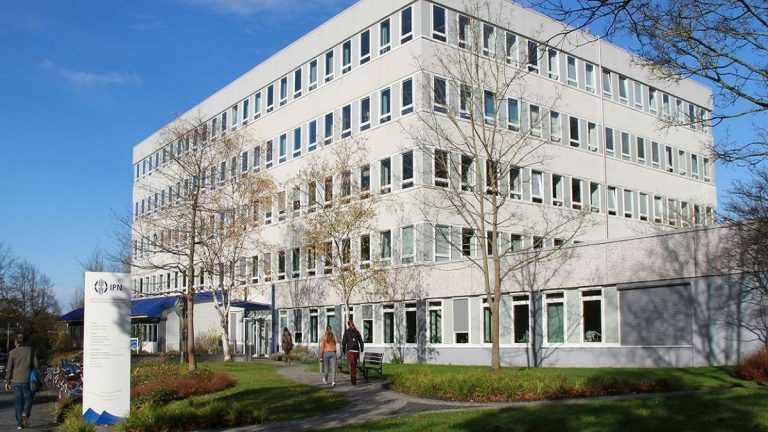
With an aim to address the climate crisis, the IEK-3 develops energy system models to analyze possible future energy systems with high shares of renewable energy in Germany and beyond. The main goal of the institute is to design cost-optimal and feasible energy systems which can aid decision-makers in politics and business.
Rooftop PV installations increases the shares of renewable energy, without requiring open areas in the region. The potential of such installations goes unexploited if a detailed study of the rooftops in the region is not undertaken. Through this master thesis, we intend to accurately estimate the total rooftop PV potential of any given area. This information would greatly benefit the local decision-makers.
Your Job:
In order to estimate the rooftop PV potential of any considered region, information such as the available surface area on each building’s roof and its tilt are necessary. This can be obtained by using aerial view of the region and applying image recognition techniques on it. Further, in order to accurately estimate the potentials, the roofs with existing PVs, unavailable roofs such as that of a church, etc., should be excluded. This can be achieved by training a neural network to classify the images as “Roof available” or “Roof unavailable”, for example.
Based on this, your workflow can be divided into the following steps:
- Literature review:
- On existing rooftop PV potential studies for Germany
- On existing methods and tools to estimate total rooftop PV potential of a region
- On image recognition and classification using neural networks
- Implementation of suitable image recognition techniques to obtain information such as surface area and tilt of each building’s rooftop, in a given area
- Implementation of image classification techniques to eliminate rooftops with existing PVs, unavailable rooftops, etc.,
- Application of existing Python libraries to simulate PV potentials on the available rooftops
- Estimation of total PV potential and Levelized Cost of Electricity (LCOE) of it
- Validation and comparison of the results with those of existing studies
- Writing the thesis
Your Profile:
- Very good academic marks in computer science, mechanical engineering, electrical engineering or a related field of study.
- Interest in topics and issues related to energy technology.
- Ability to work autonomously and analytically within a project team.
- Ideally you already have experience in modelling and programming (preferred in Python)
- A high affinity for AI related topics.
Our Offer:
- A pleasant working environment within a highly competent, international team in one of the most prestigious research facilities in Europe.
- You will be supported by top-end scientific and technical infrastructure as well as close guidance by experts.
- You will have the opportunity to work with excited researchers from various scientific fields and take part in the design of a future German and European energy system.
- Your work is renumerated.
- Depending on your performance, the small work packages can be adapted.
Contact:
Ms. Shruthi Patil
Institute of Energy and Climate Research (IEK)
IEK-3: Techno-economic Systems Analysis
52425 Jülich
Telefon: +49 2461 61-6689
E-Mail: s.patil@fz-juelich.de






